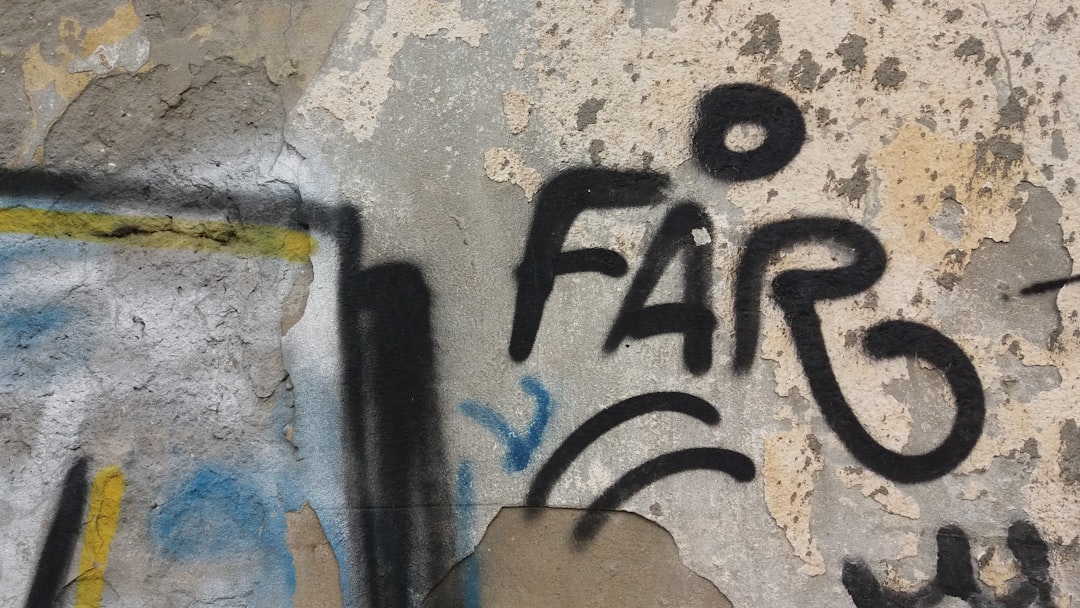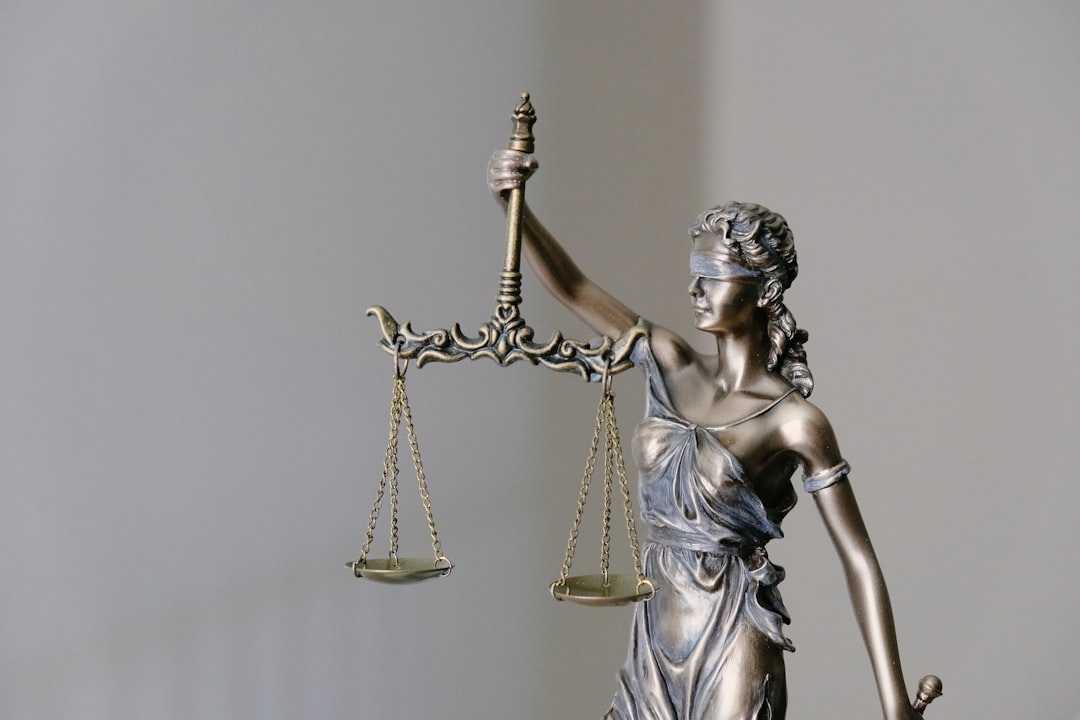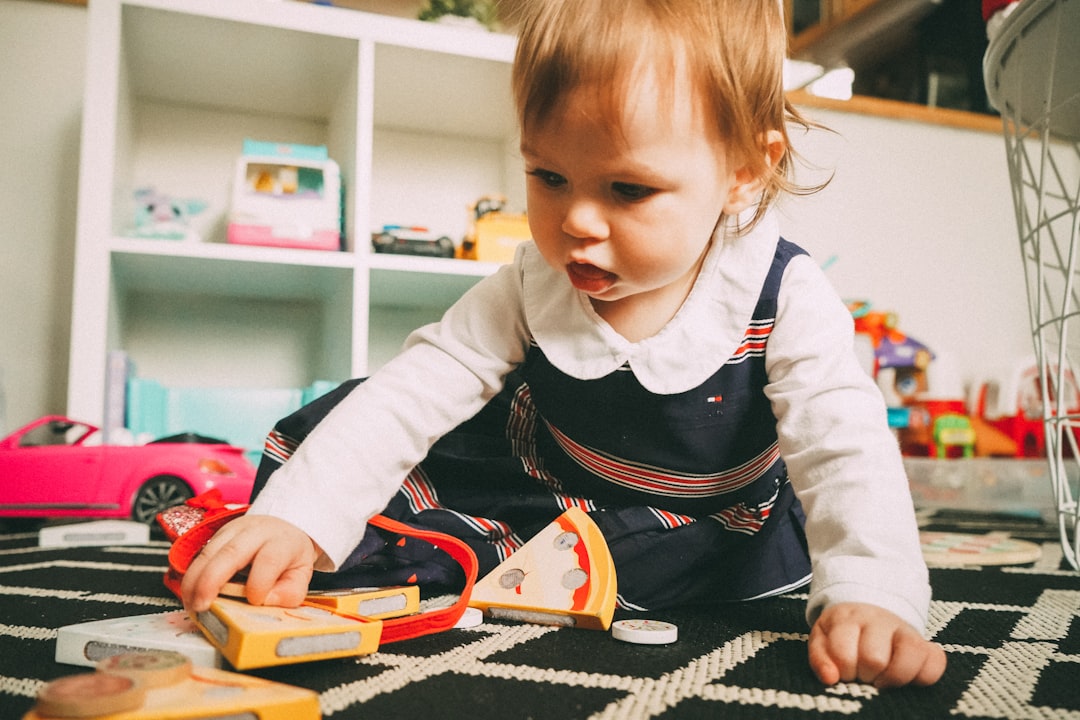When choosing a Pittsburgh daycare, prioritize safety by verifying compliance with state regulations, such as favorable staff-to-child ratios and well-maintained facilities. Red flags include maintenance issues, improper ratios, and secretive caregivers. A truly safe daycare will have transparent policies, trained personnel, modern security, and open parent communication. If you suspect abuse, consult a reputable daycare abuse attorney in Pittsburgh, PA to protect your child's rights and explore legal options.
Finding a safe and nurturing daycare environment for your child in Pittsburgh is paramount. With proper knowledge, you can identify daycares that prioritize child safety over everything. This guide navigates Pittsburgh’s daycare safety standards, highlights red flags to watch out for, and educates parents on legal protections. As a concerned parent, understanding these aspects ensures your child’s well-being and helps prevent potential daycare abuse cases. Consult with a reputable daycare abuse attorney in Pittsburgh, PA, if you suspect any harm.
Understanding Pittsburgh's Daycare Safety Standards

Pittsburgh, like many cities, has specific standards and regulations in place to ensure child safety within daycare centers. These standards are designed to protect young children from potential harm and abuse. Parents should be aware that Pennsylvania has strict laws governing childcare facilities, including regular inspections and licensing requirements. A reputable daycare center will adhere to these guidelines, prioritizing the well-being of each child in their care.
When researching daycares in Pittsburgh, it’s essential to look for signs of compliance with safety protocols. This may include staff-to-child ratios that meet or exceed state mandates, well-maintained facilities, and a transparent approach to handling incidents or concerns. Additionally, considering the expertise of a daycare abuse attorney in Pittsburgh, PA, can provide peace of mind. Such legal professionals specialize in protecting children’s rights and ensuring that daycare centers operate within the law, fostering a safer environment for all children.
Red Flags: Identifying Potential Risks in Daycares

When searching for a daycare, it’s crucial to be vigilant and spot potential red flags that might indicate a lack of safety measures. In Pittsburgh, where there have been cases of daycare abuse, it’s more important than ever to be proactive. Look out for signs such as poorly maintained facilities, inadequate staff-to-child ratios, or a reluctance from the caregivers to share information about their screening processes and training.
Daycare centers that prioritize child safety will have transparent policies in place, well-trained staff, and modern security systems. They should also encourage open communication with parents, providing regular updates and being responsive to concerns. If you notice any of these red flags during your visit or research, it might be a sign to consider another option. Remember, the well-being of your child is paramount, so choosing a daycare that values safety is non-negotiable. Consult a daycare abuse attorney in Pittsburgh PA if you suspect any form of maltreatment.
Legal Protections: What Every Parent Should Know

In Pittsburgh, as in many places, parents entrust their children’s well-being to daycares on a daily basis. It’s crucial for them to understand the legal protections in place that safeguard against daycare abuse. Pennsylvania laws establish strict standards for childcare facilities, including requirements for staff-to-child ratios, training, and background checks. These regulations aim to prevent harm and ensure a safe environment for children under care.
However, despite these safeguards, instances of daycare abuse can still occur. If you suspect or witness any form of mistreatment or neglect, it’s essential to know your rights as a parent. Consulting with a qualified daycare abuse attorney in Pittsburgh, PA, is a critical step. They can guide parents on reporting the incident to relevant authorities and navigating legal options available to hold accountable those responsible for causing harm to their child.





